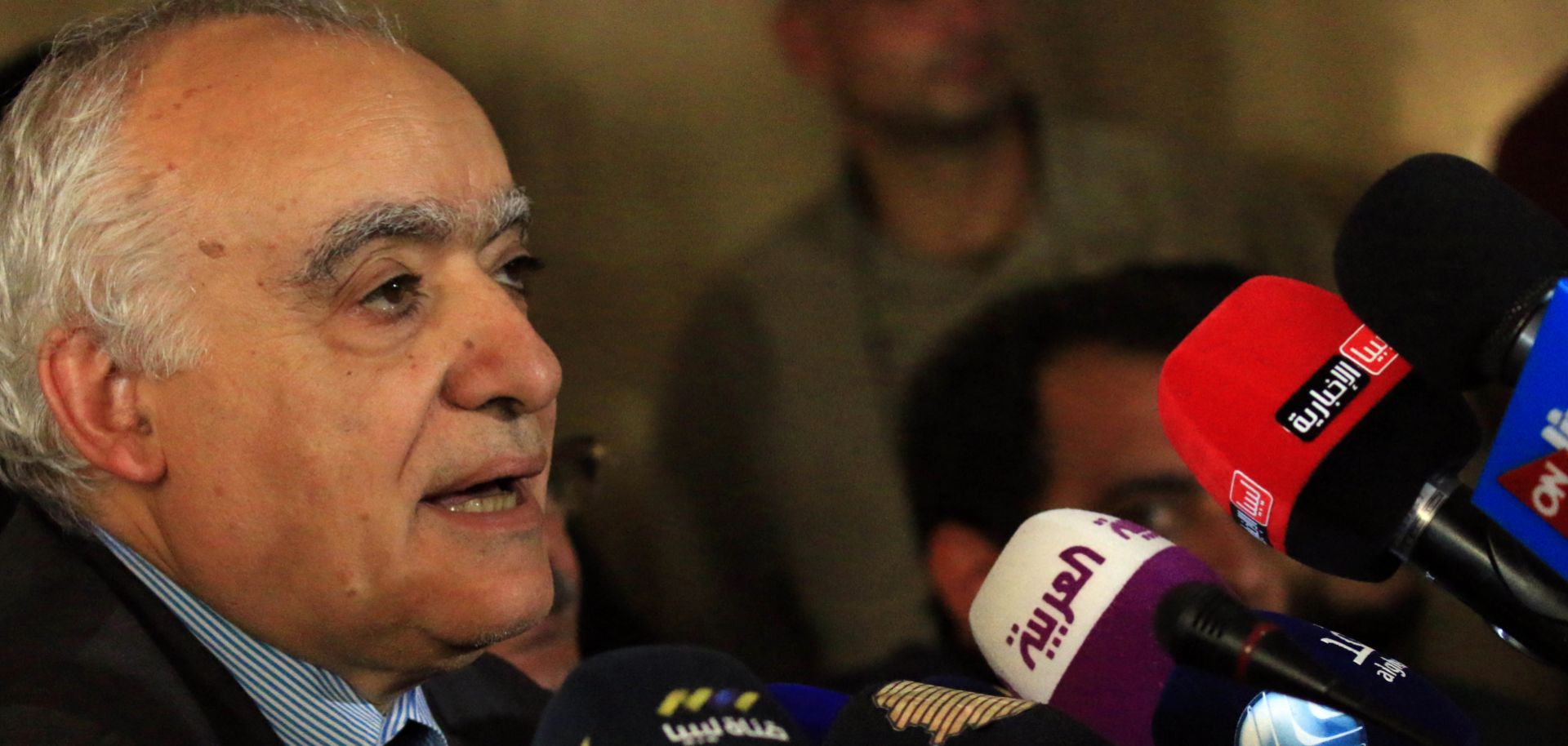It is not for a lack of trying, but the United Nations has struggled to resolve the Libyan conflict. In 2015, the U.N. brokered a unity agreement -- the Libyan Political Agreement -- between the country's two rival governments, the General National Congress in Tripoli and the House of Representatives, which had fled the capital of Tripoli a year earlier and set up shop in the eastern city of Tobruk. Instead of unifying the country's governments and bridging its largely east-west divide, however, the U.N. peace process created a third government, the Government of National Accord in Tripoli, which the House of Representatives never joined.
Negotiations have continued since -- albeit intermittently -- and many of the underlying disputes among the country's various factions remain unresolved. On Sept. 20 at the U.N. General Assembly in New York, newly appointed U.N. special envoy to Libya, Ghassan Salame, announced a plan that would...

